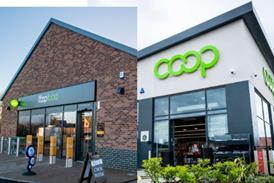£100m staff costs for gantry changes
Retail productivity will be hit hard by the proposed tobacco display ban, with retailers suffering increased costs and a drop in customer service standards, new research has shown.
ALREADY HAVE A REGISTERED USER ACCOUNT? PLEASE LOG IN HERE
To read the full story join the ConvenienceStore.co.uk community today!
Registration is quick and easy and provides access to:
- Unlimited ConvenienceStore.co.uk articles
- Our great range of newsletters
- Content you’ve saved for later via the ‘my library’ feature
And much more…






















